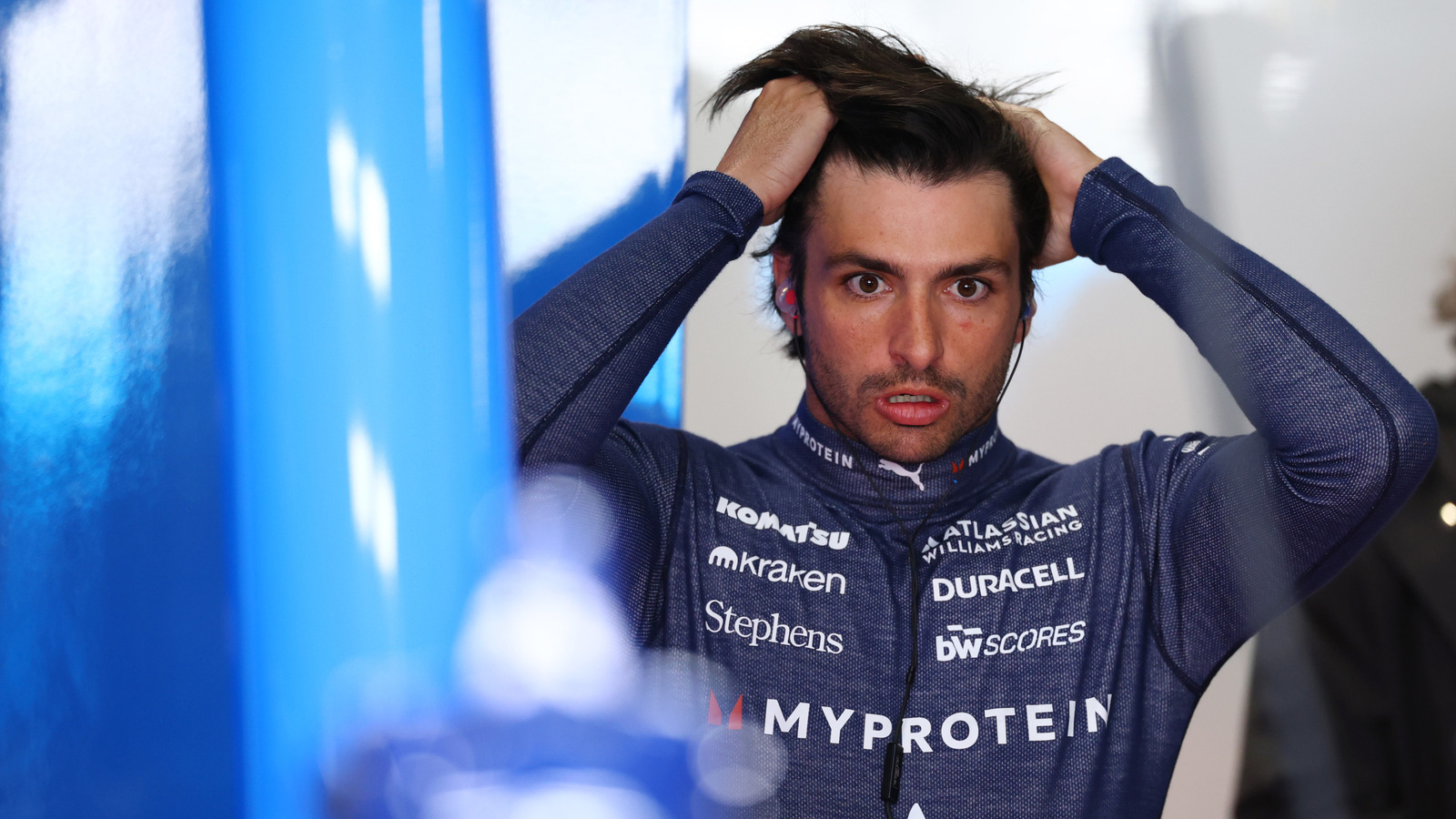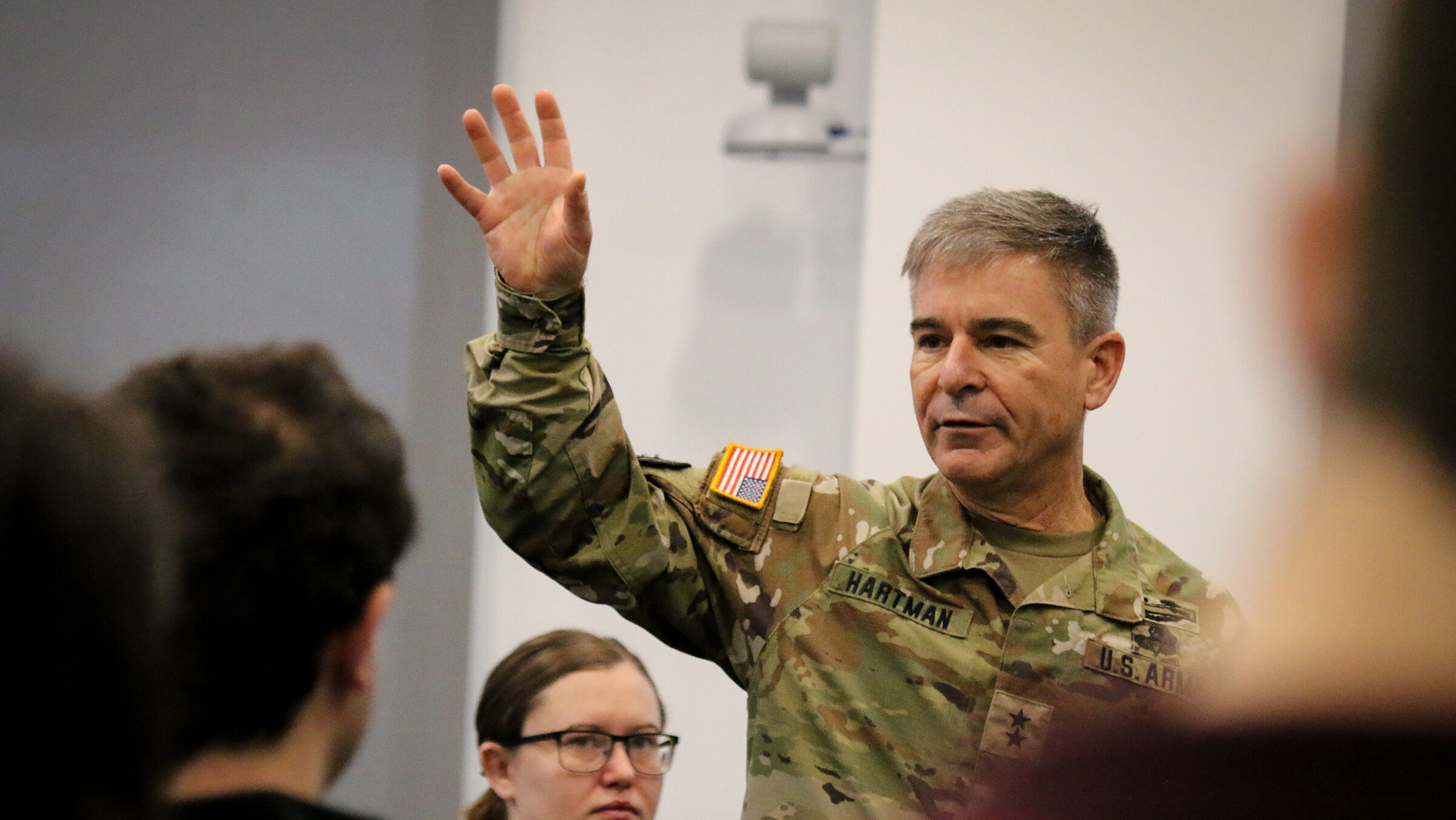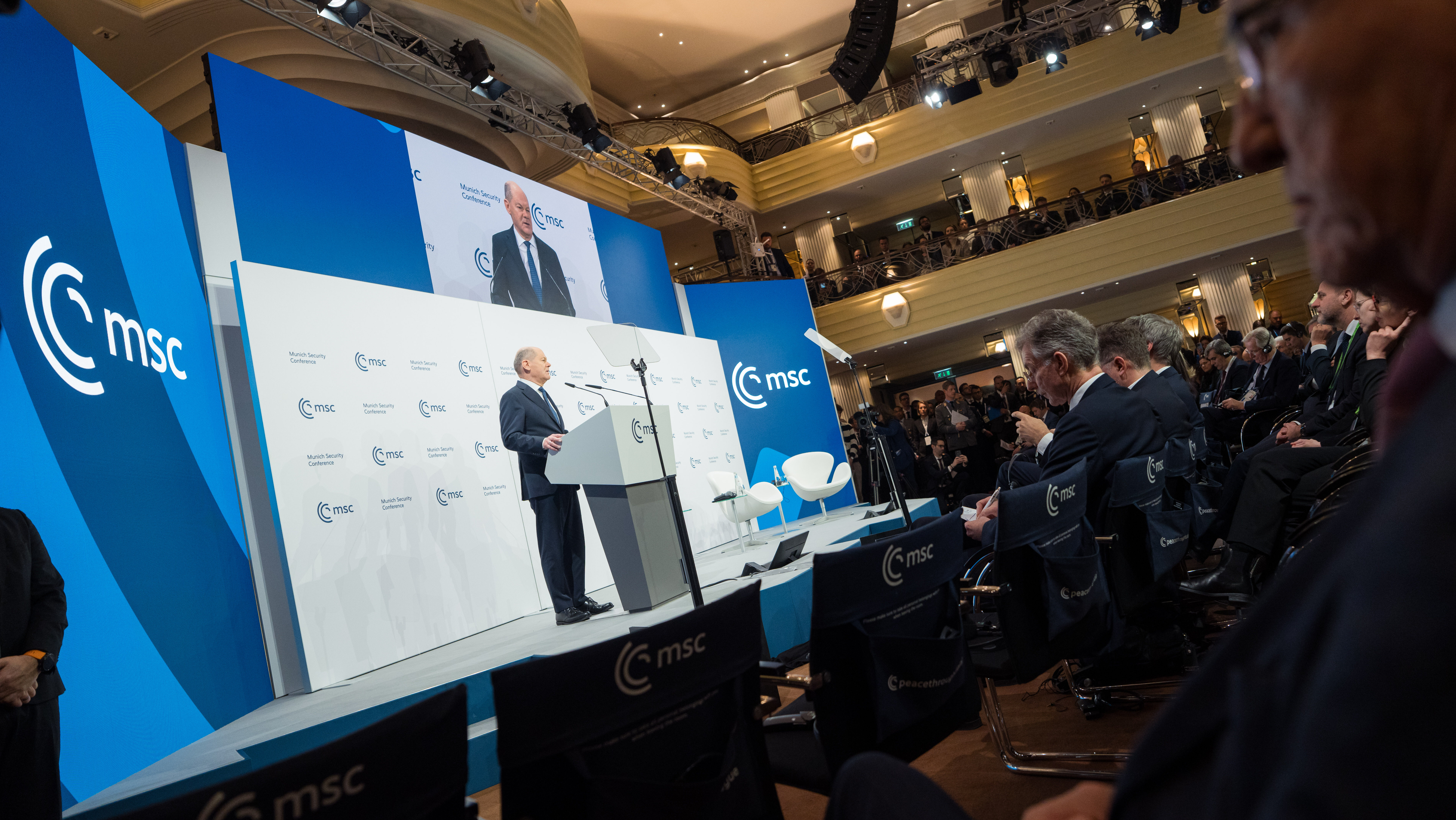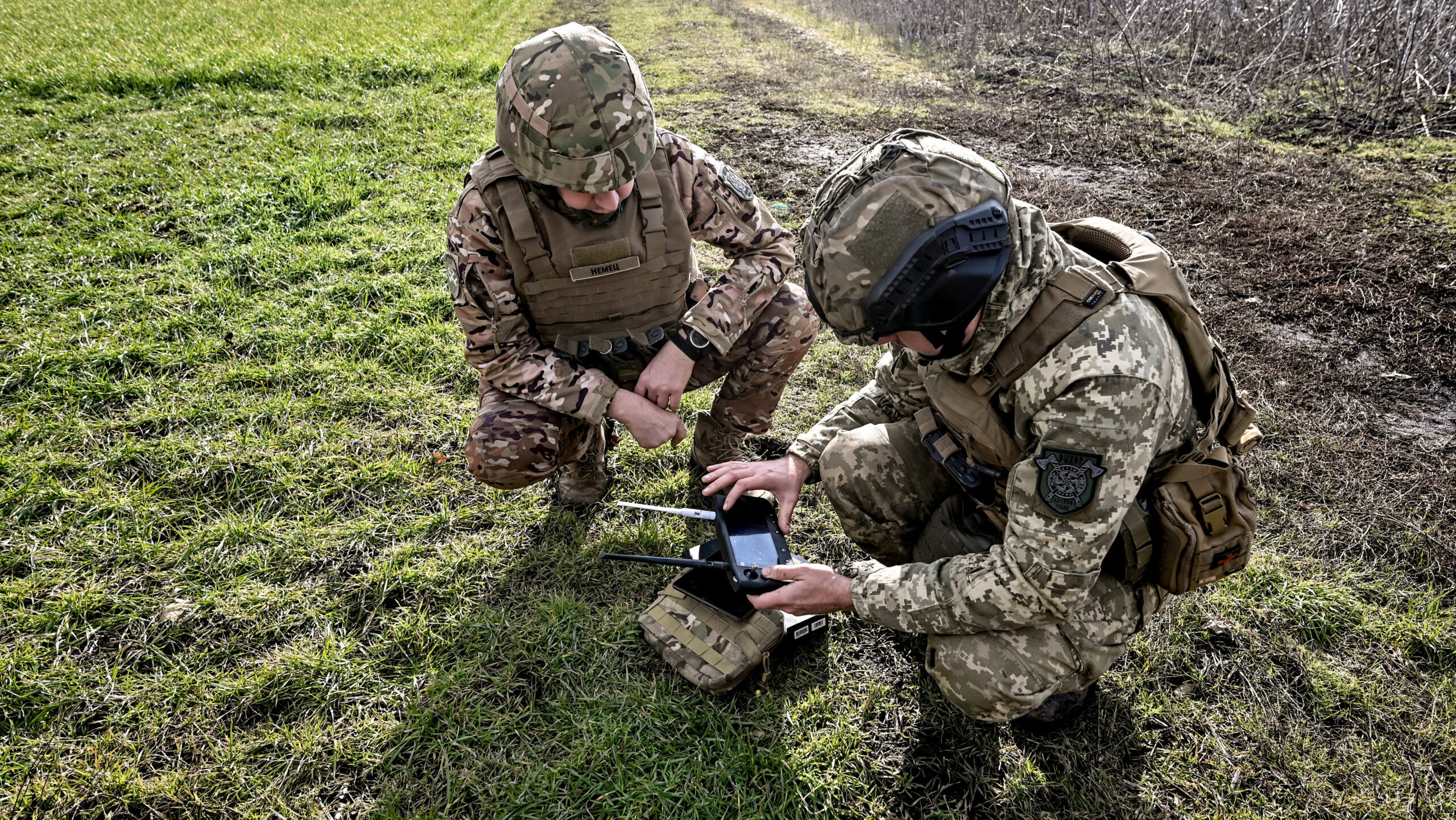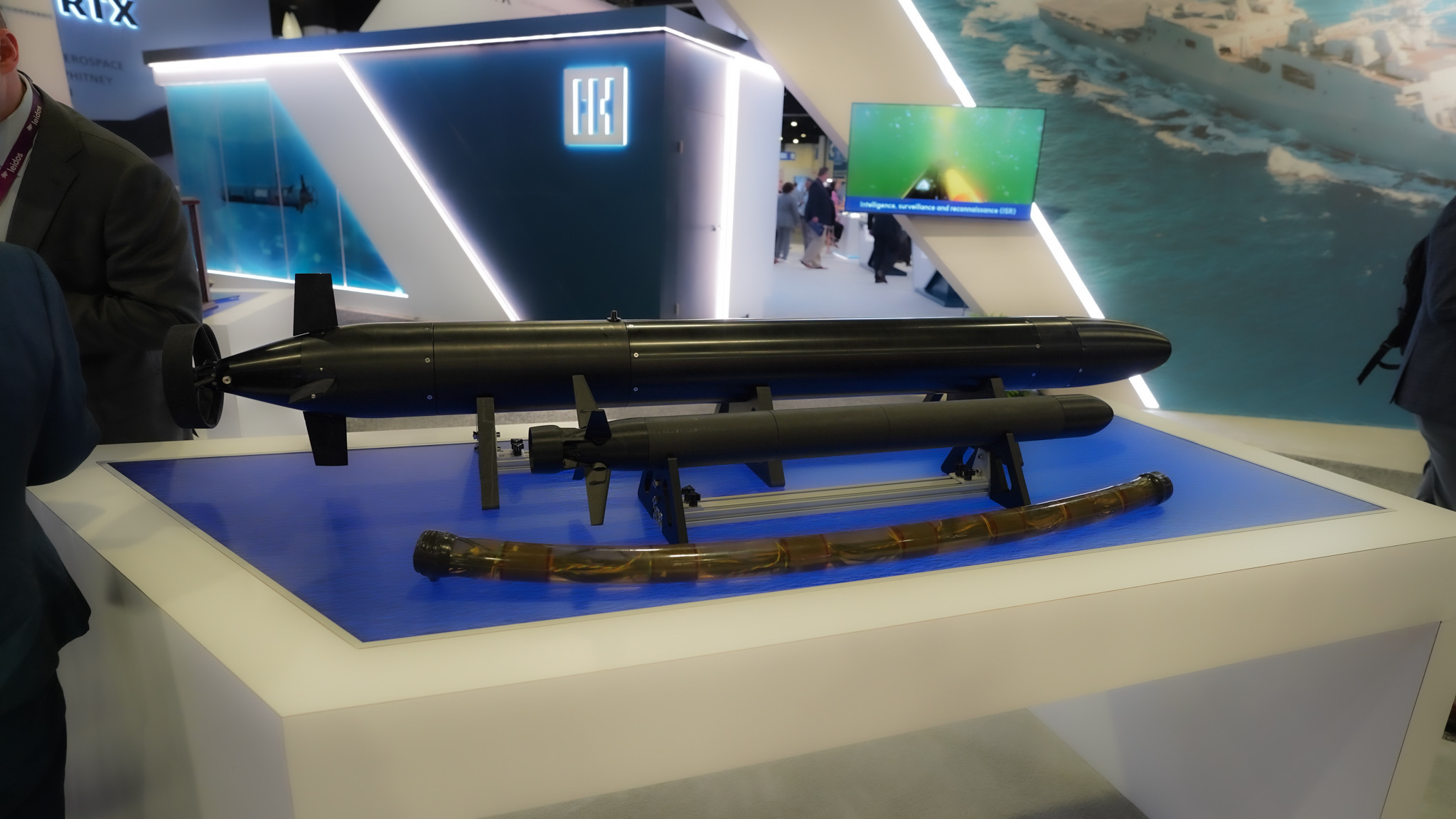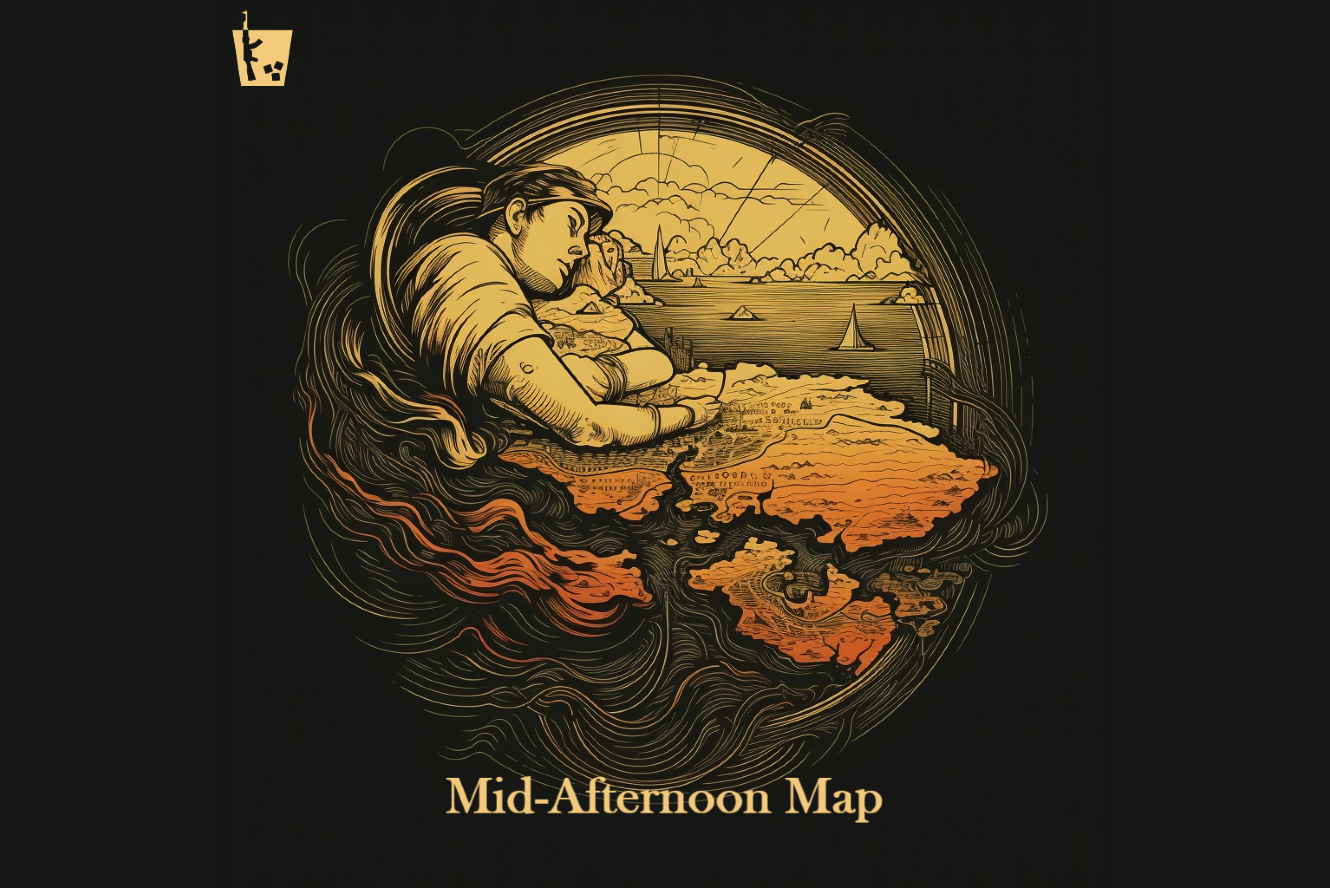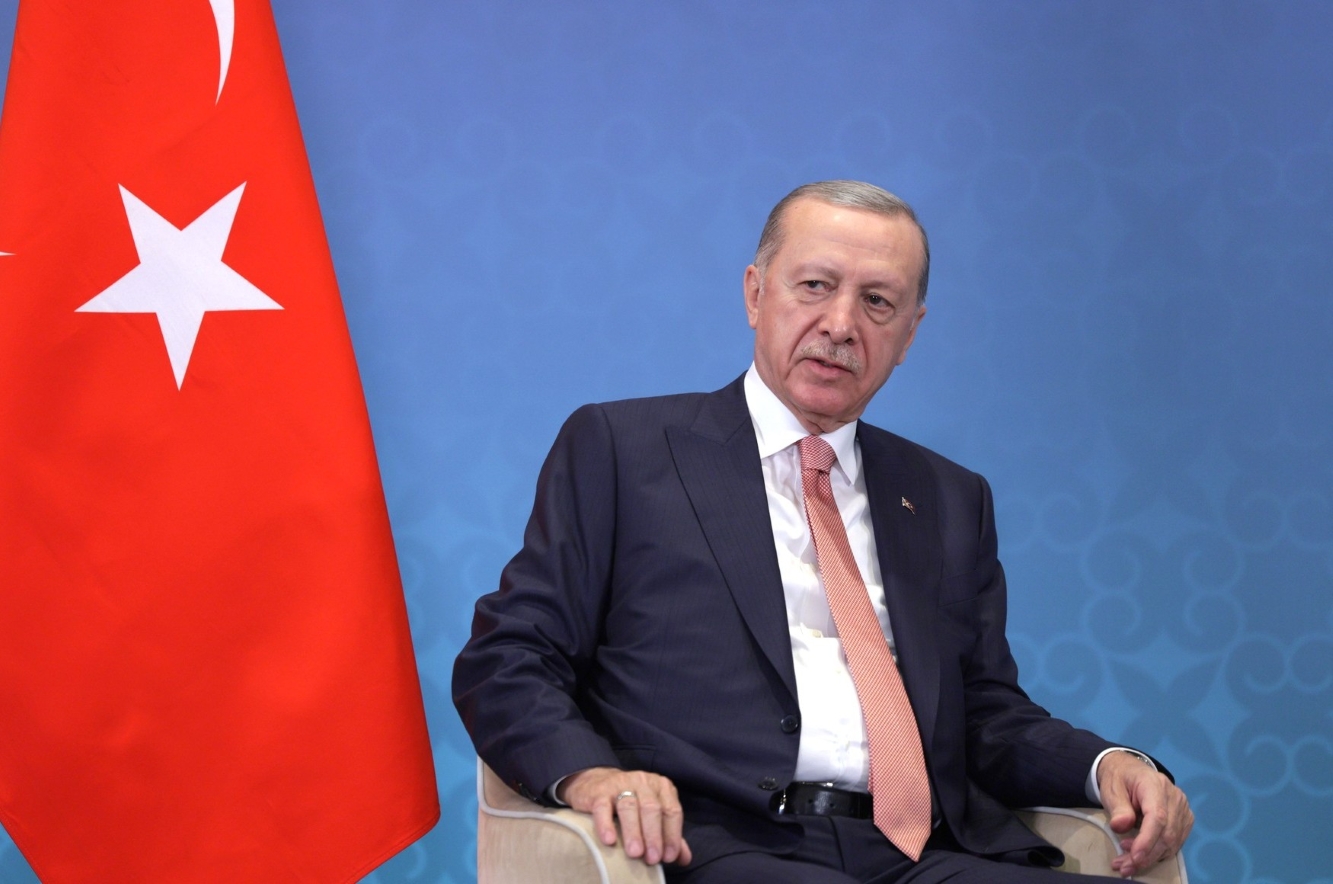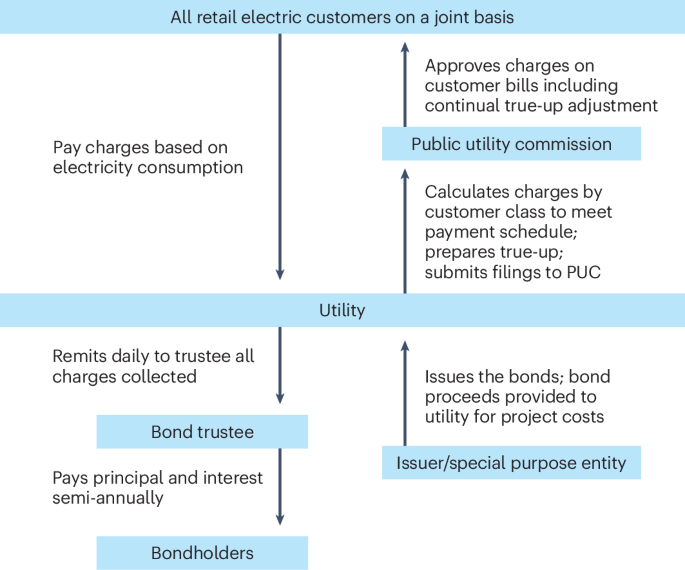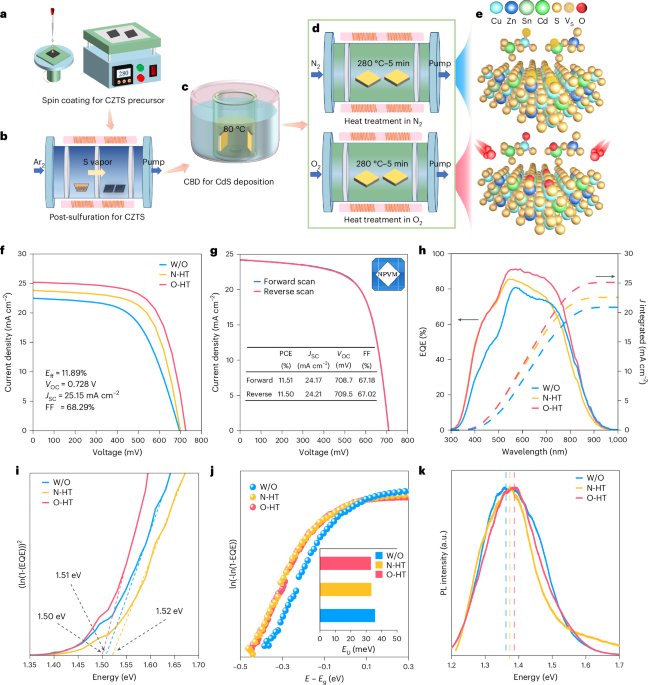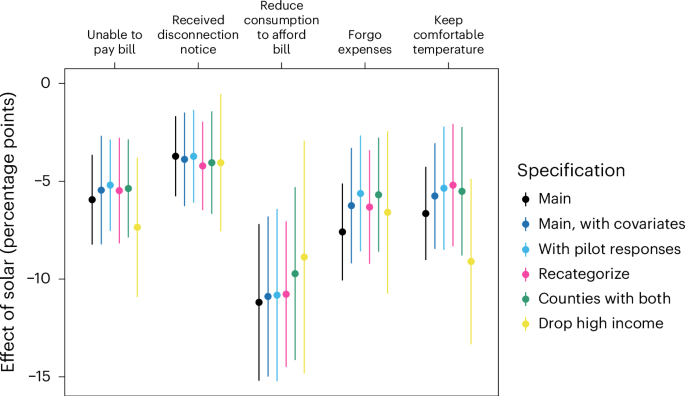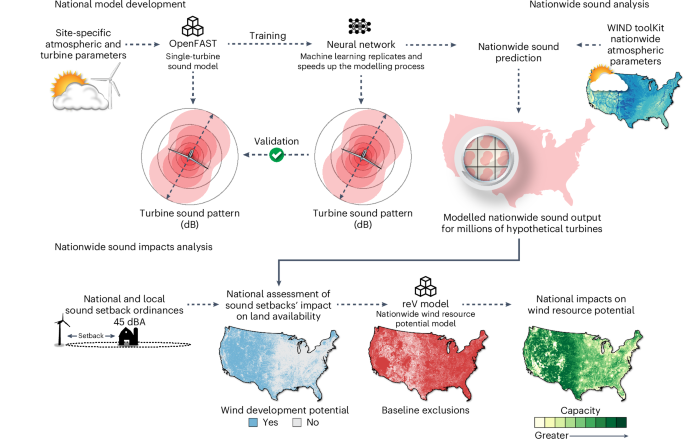This site uses cookies. By continuing to browse the site you are agreeing to our use of cookies.
All
Autoblog
Autocar RSS Feed
Automotive News Breaking News Feed
Automotive World
Autos
Electric Cars Report
Jalopnik
Automotive News | AM-online
Speedhunters
The Truth About Cars
VinFast launches VF 6 B-SUV and introduces fr...
Apr 10, 2025 0
Sibros and Electra Vehicles join forces to en...
Apr 10, 2025 0
Pebble begins production of its flagship all-...
Apr 10, 2025 0
Nissan AMIEO strengthens senior management li...
Apr 10, 2025 0
All
All Stories
All Stories
BioPharma Dive - Latest News
Breaking World Pharma News
Drugs.com - Clinical Trials
Drugs.com - FDA MedWatch Alerts
Drugs.com - New Drug Approvals
Drugs.com - Pharma Industry News
FDA Press Releases RSS Feed
Federal Register: Food and Drug Administration
News and press releases
Pharmaceuticals news FT.com
PharmaTimes World News
Stat
What's new
New study reveals how tumors hijack key nutri...
Apr 10, 2025 0
Alternative approach to Lyme disease vaccine ...
Apr 10, 2025 0
Researchers find key to treating painful dry ...
Apr 10, 2025 0
New research paves the way for better treatme...
Apr 10, 2025 0
All
Breaking DefenseFull RSS Feed – Breaking Defense
DefenceTalk
Defense One - All Content
Military Space News
NATO Latest News
The Aviationist
War is Boring
War on the Rocks
NATO’s Special Representative for the Souther...
Apr 10, 2025 0
NATO and southern neighbourhood partners boos...
Apr 10, 2025 0
NATO Allies discuss military mobility with EU...
Apr 10, 2025 0
NATO Secretary General in Tokyo: Japan is one...
Apr 10, 2025 0
All
Advanced Energy Materials
CleanTechnica
Energy | FT
Energy | The Guardian
EnergyTrend
Nature Energy
NYT > Energy & Environment
PV-Tech
RSC - Energy Environ. Sci. latest articles
Utility Dive - Latest News
Voltage Noise Failure Induced by Li Dendritic...
Apr 9, 2025 0
Strain Effects in Carbon Dioxide Electroreduc...
Apr 9, 2025 0
Grain Boundary Engineering Enhances the Therm...
Apr 9, 2025 0
Failure Mechanisms and Strategies for Vanadiu...
Apr 9, 2025 0
- Contact
- Agriculture
- Automotive
- Beauty
-
Biopharma
- All
- All Stories
- All Stories
- BioPharma Dive - Latest News
- Breaking World Pharma News
- Drugs.com - Clinical Trials
- Drugs.com - FDA MedWatch Alerts
- Drugs.com - New Drug Approvals
- Drugs.com - Pharma Industry News
- FDA Press Releases RSS Feed
- Federal Register: Food and Drug Administration
- News and press releases
- Pharmaceuticals news FT.com
- PharmaTimes World News
- Stat
- What's new
- Defense
- Energy & Water
- Fashion
- Food & Beverage
- Healthcare
- Legal
- Manufacturing
- Luxury
- Medical Devices
- Mining
- Real Estate
- Retail
- Science Journals
- Transport & Logistics
- Travel & Hospitality


































